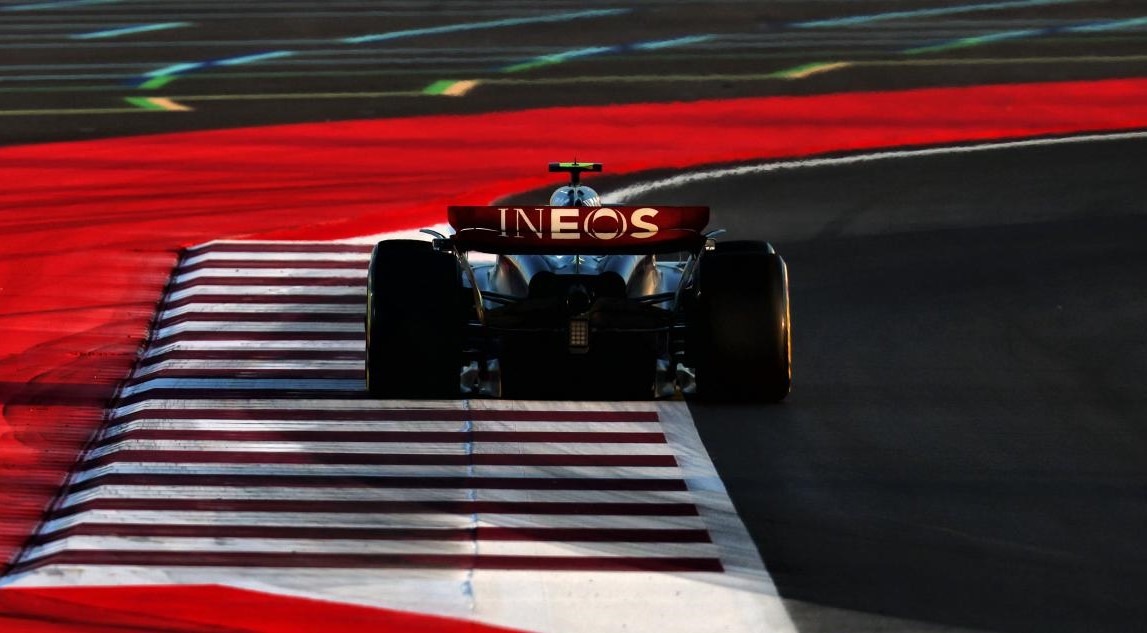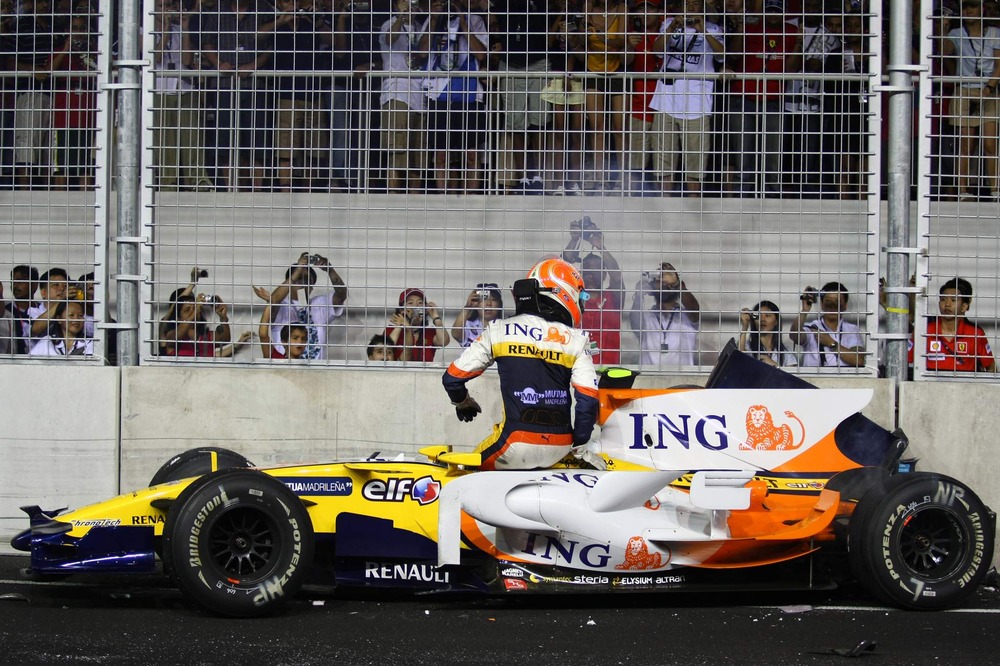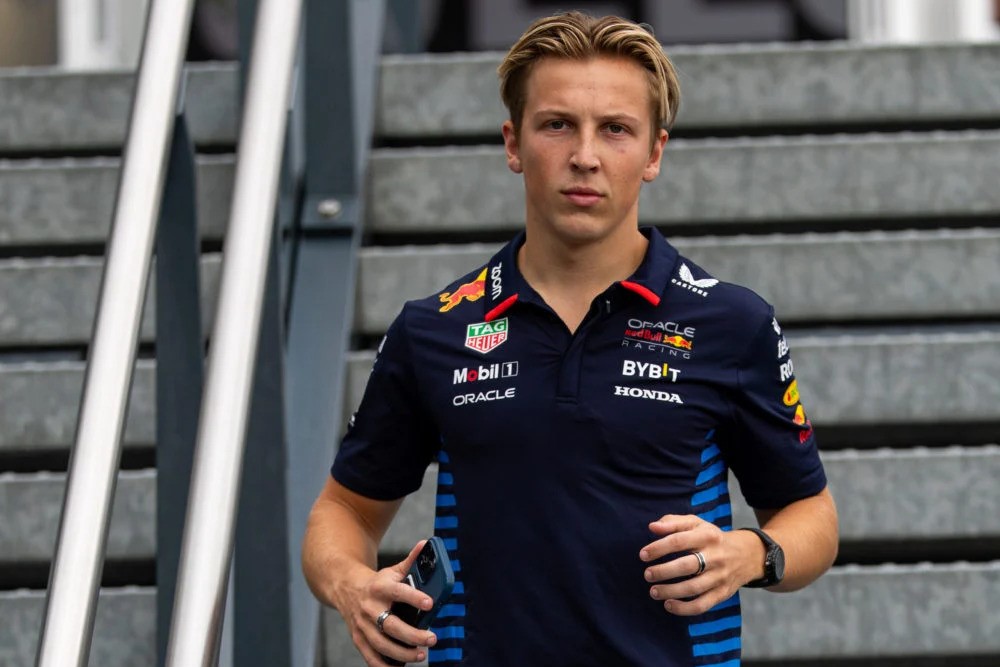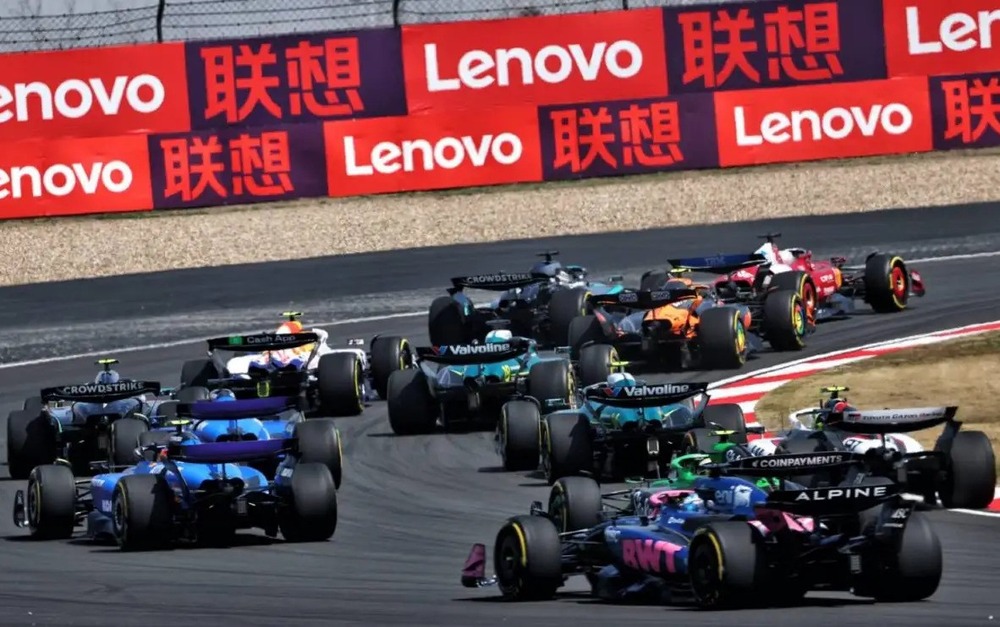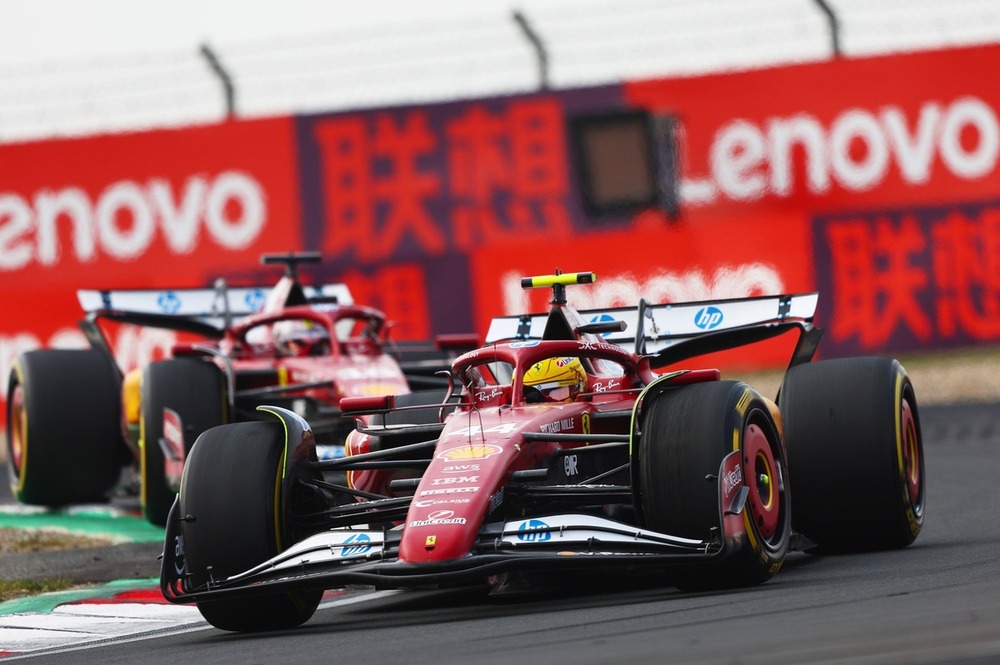FIA President Mohammed Ben Sulayem has claimed that track limit issues should be addressed by F1 circuits and not the organization that oversees the sport, and has warned if they are not resolved, a circuit risks losing its race on the calendar.
The Red Bull Ring and the Lusail International Circuit, among others, have been directed by FIA president Mohammed Ben Sulayem that they must find a way to restrict drivers from violating track limits or risk being dropped from the Formula 1 calendar.
Similar to what F1 saw in Austria last summer, several drivers received penalties at last weekend’s Qatar Grand Prix for violating track limits.
The three tricky turns for the drivers were 5, 12, and 13. After qualifying, the track was drastically changed between Turns 12 and 13. This came as track limits penalties were issued for Sergio Perez, Lance Stroll, and Pierre Gasly, with Zhou Guanyu receiving an advantage from their predicament. The Alfa Romeo driver moved up from P12 to ninth after the race.
The most recent occasion when track limits were as much of a problem as they were in Qatar was at the Austrian Grand Prix, where the stewards issued more than 1,200 track limit warnings.
Ben Sulayem wants change as the current setting is chaotic and frequently perplexing and hasn’t done anything to improve the reputation of Formula 1. He does, however, think that the circuits—and not the FIA—should bear the responsibility for making the necessary changes to resolve or alleviate the problem.
“You’re absolutely right about it, we had the same issue in Austria, it was 1200 [offences there],” the FIA president said. “And I have to say, congratulations to the stewards because they spotted it.
“But is that the solution? No.
“The solution is to improve the track itself. I know some are resistant to it, but to tell you the truth, if they don’t, there is no race. It is as simple as this. We can’t afford this.”
In addition to the track limits debate from last weekend, Pirelli’s tyres have brought about safety concerns as well, including a sidewall separation issue that the manufacturer has identified in its line of products. As a result of the safety concerns, the FIA decided to limit the tyre life for the Sunday’s race to a maximum of 18 laps.
However, Ben Sulayem argued that it was the responsibility of F1’s tracks to create the necessary kerbs that discourage breaches.
“We have to work on a solution,” he added. “One of the solutions is to make it slippery when they go off. Nobody can stop the drivers except the drivers themselves.
“We can think of the height [of the kerbs]. Does it damage the cars? Or maybe there is a possibility of putting some gravel, but with gravel, we have to be very careful.
“How deep is the gravel? Because you don’t want anyone to get stuck. And how big is the gravel? because you don’t want the car to be damaged. It is a balance.
“But I believe now it’s not a matter of: oh, do we do it? We have to do it. And we have to listen to the drivers mainly, to the feedback from them.
“I will have to make it urgently because it has to be implemented for next year.
“We cannot afford [for it to continue], especially where we see it all the time.”
It’s been previously claimed that Formula 1 could use technology to simplify the challenges of track limit detection. Ben Sulayem concurs with this, but he maintains that the FIA lacks the resources necessary to allocate for the appropriate technologies.
“The use of technology should be there,” he added. “It is being used in a lot of areas, but the FIA needs more resources to invest back into the sport.
“I’m not hiding here: we need more resources. I mean, it’s a $20 billion operation here and we cannot run it on a shoestring.”
Ben Sulayem suggested that the FIA needs greater cooperation with F1, which suggests a bigger financial commitment from commercial rights holder Liberty Media. This is perhaps an attempt to address the issue.
“Our agreement has to be better,” Ben Sulayem said. “You have to remember one thing: we own the championship. I represent the landlord, and we lease it.
“Our mission is different to Liberty but we are in the same boat. We should not be running this big responsibility with a shoestring.
“We are transparent… We tell this is what it costs.
“People are bragging about how much each F1 team is worth, but the FIA should be free and have the resources to run it in the best way.
“Every time we are better, we make the teams better and we make the sport better.”

